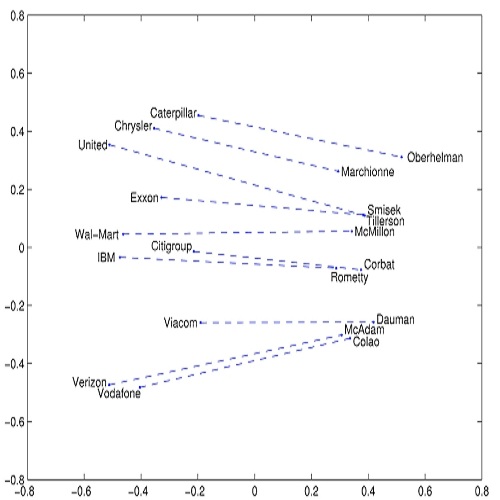
In the absence of sufficient medication for COVID patients due to the increased demand, disused drugs have been employed or the doses of those available were modified by hospital pharmacists. Some evidences for the use of alternative drugs can be found in the existing scientific literature that could assist in such decisions. However, exploiting large corpus of documents in an efficient manner is not easy, since drugs may not appear explicitly related in the texts and could be mentioned under different brand names. Drugs4Covid combines word embedding techniques and semantic web technologies to enable a drug-oriented exploration of large medical literature. Drugs and diseases are identified according to the ATC classification and MeSH categories respectively. More than 60K articles and 2M paragraphs have been processed from the CORD-19 corpus with information of COVID-19, SARS, and other related coronaviruses. An open catalogue of drugs has been created and results are publicly available through a drug browser, a keyword-guided text explorer, and a knowledge graph.
翻译:由于需求增加,没有为COVID病人提供足够的药品,使用废弃药物或医院药剂师对现有药物的剂量进行了修改,在现有的科学文献中可以找到使用替代药物的一些证据,但以有效的方式利用大量文件并不容易,因为药物在文本中可能没有明显关联,而且可以在不同品牌下提及。药物4Covid将文字嵌入技术和语义网络技术结合起来,以便能够对大型医学文献进行以药物为导向的探索。根据ATC分类和MESH类别,分别确定了药物和疾病。从CORD-19档案中处理了60多公斤物品和2M段,并提供了COVID-19、SARS和其他有关corona病毒的信息。制作了药物公开目录,并通过药物浏览器、关键词制文本浏览器和知识图表公开了结果。



